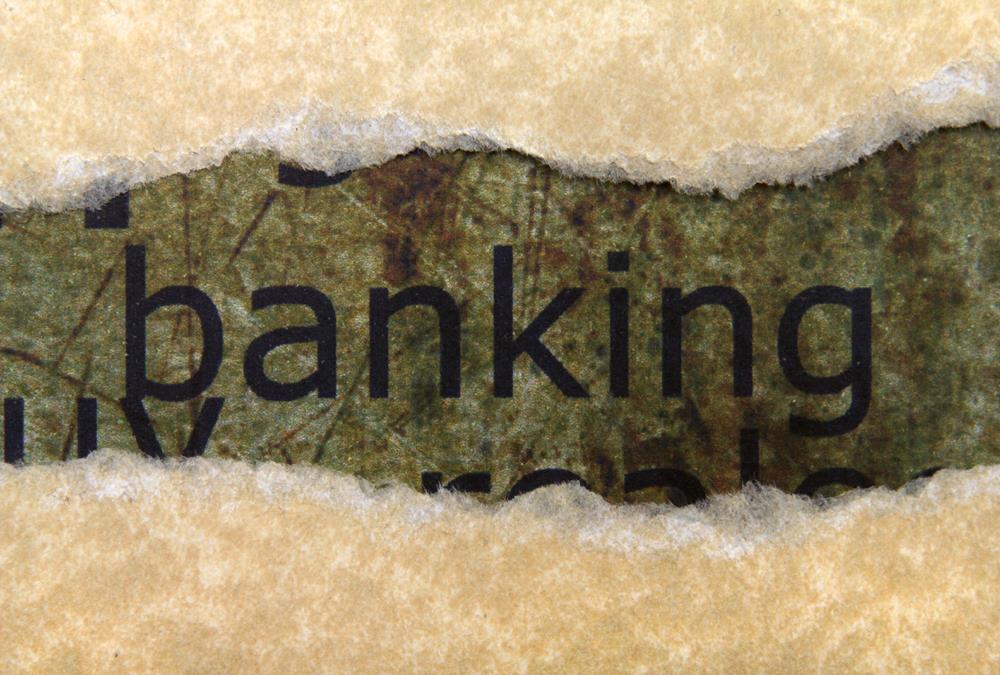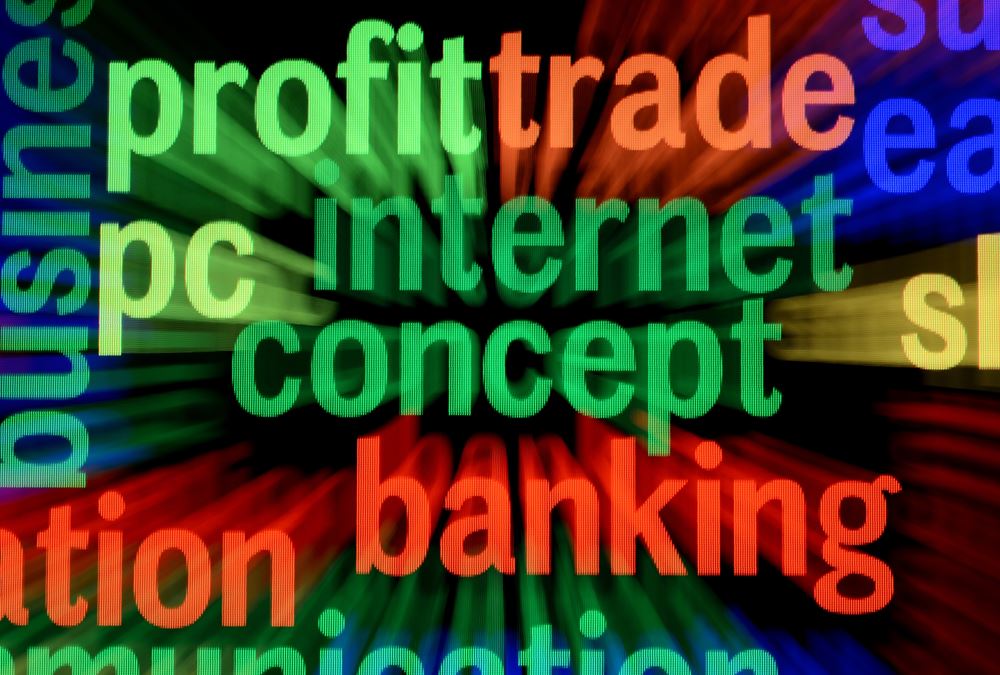
Bank – Knowledge and dynamics of the industry
Are you looking for knowledge and key commercial information on the banking sector?
brings you banking industry overview, business model, value chain, competitive landscape and latest trends. Industry knowledge for IT and consulting professionals, consulting firms, industry investors, and everyone else interested in a condensed, user-friendly format. Rapidly improve your business acumen in banking and wow your stakeholders at your next meeting!

Islamic finance is available in 56 countries through 1,389 Sharia-compliant companies that have total assets under management (AUM) of $2.4 trillion, according to a 2018 study by Thomson Reuters. This article explores how to improve and explore the products, structures and executions of Islamic finance in line with the global trend in the financial industry.

Basel III is a set of internationally agreed measures developed by the Basel Committee on Banking Supervision in response to the 2007-09 financial crisis. The measures aim to strengthen the regulation, supervision and risk management of banks. The Basel III standards are minimum requirements that apply to internationally active banks. Members commit to implement and enforce the standards in their jurisdictions within the timelines established by the Committee. Understand the key Basel III considerations for a banking institution.

According to a recent study, the average bank spends 10% of its revenue on IT costs. IT and the IT cost structure play a decisive role in the performance of any bank. This article examines the challenges of ensuring the effectiveness and efficiency of IT spending. How to ensure that IT spending translates into increased operational efficiency. Banks are exposed to increased risk if there is a mismatch between business and IT strategies. Technology risk has strategic, financial, operational, regulatory and reputational implications

The strong diffusion of social media in the private environment pushes banks to face the possibilities of application, the opportunities as well as the threats posed by social media. Social media marketing has increased due to the growth in active user rates on social media sites. As social media becomes more popular among older and younger generations, it becomes imperative for banks to understand the potential opportunities and threats of social media.

As banks turn to new digital channels like online banking and mobile banking apps, they are able to deliver better customer engagement while lowering their operational costs. Modern customers are turning to online banking channels more than ever. Yet for large traditional banks, the penetration of customer-based online banking services is still very low. This article discusses the strategies adopted to overcome this problem.

An electronic signature also called an electronic signature refers to data in electronic form, which is logically associated with other data in electronic form and which is used by the signer to sign the document. The legal value of this type of signature depends on compliance with the exact requirements of the specific regulations under which it was created. If allowed, it could replace a handwritten signature. Electronic signature can find a lot of use and acceptance in the banking sector due to convenience, security and business continuity. Read more to understand the challenges of using e-signature in banking and some ideas for using this technology effectively.

This article is about formulating a country-specific strategy for any banking business. How to identify the most difficult problems; understand the impact of recent economic and political trends on banking activities in general. The document provides a brief overview of recent banking trends to focus on when developing strategy and how to clarify key competitive forces and key issues in the banking environment in the targeted country.

BFSI is an acronym for Banking, Financial Services and Insurance and popular as an industry term for companies that provide a range of these products/services and is commonly used by IT/ITES/BPO companies and technical services companies/ professionals who handle data processing. , application testing and software development activities in this area. Banking services can include basic, retail, private, corporate, investment, card banking, etc. Financial services can include stock brokerage, payment gateways, mutual funds, etc. The insurance covers both life and non-life.
